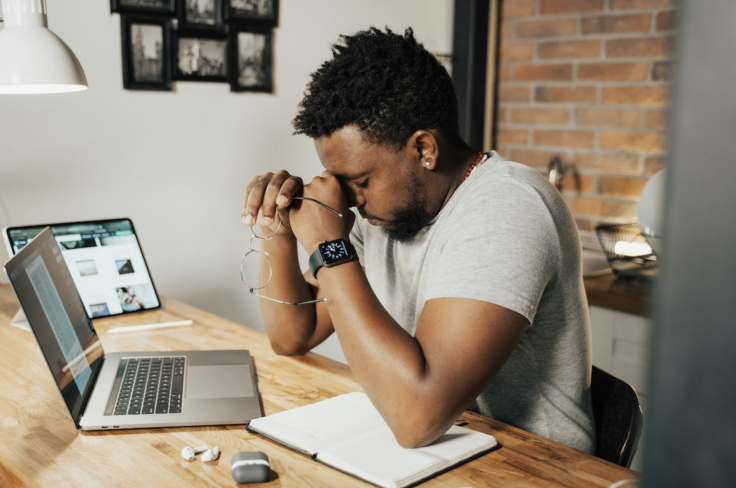This $3.6b Boston Health Tech Start-up Pays Its Employees To Sleep More
A healthy sleep pattern can boost employee productivity

The development of Artificial intelligence (AI) has had a significant impact on work culture across the globe.
AI has led businesses to implement a four-day workweek and offer their employees more remote positions.
According to the Office for National Statistics, as of last year, 44 per cent of UK workers are currently employed in positions that offer remote capacity.
Will Ahmed, the CEO of Boston health tech startup Whoop, says he uses technology to "unlock human performance."
In a funding round led by SoftBank Vision Fund 2, Whoop, launched 12 years ago, raised $200 million at a $3.6 billion valuation.
The health tech startup, home to 500 employees, is popular amongst athletes and fitness enthusiasts for its wearable health tracker.
Encouraging his customers to live healthier lives, the Whoop founder said he pays his employees to sleep more.
Speaking to Business Insider, Ahmed said he pushes his staff to prioritise a healthy sleep pattern by providing them with a membership and a Whoop armband.
The founder added that workers are also given an additional armband when they join the team for a family member or loved one.
The complementary health gadgets are "about practising what we preach," Ahmed said, explaining: "Any employee whose average sleep performance is 85% or more receives $100 each month."
The Whoop founder also added: "It's important to us that every member of our team has a deep appreciation for our technology."
While the "practising what we preach" aspect of Whoop's staff bands will uphold the company's reputation, improved sleep will also increase employee productivity.
A recent study by JAMA Network Open exposed how a healthy sleep pattern can benefit psychological and social support.
According to Dr. Phyllis Zee, the chief of sleep medicine at Northwestern University Feinberg School of Medicine in Chicago, healthy sleep schedules "can help to handle stress and ultimately increase resilience to daily challenges we face."
Researchers also found that a hostile work environment led to employees witnessing sleep issues and a lack of motivation for work.
Tianwei Xu, a postdoctoral student in epidemiology at Stockholm University in Sweden who contributed to the study as a corresponding author, wrote: "Our findings justify future intervention studies to examine the extent to which improvements in workplace psychosocial resources could facilitate remission or recovery from sleep disturbances and prevent development, deterioration, or prolongation of sleep disturbances among employees."
The study also said that changes in leadership and fairness in the workplace also altered employees' sleep patterns.
"This finding is plausible, considering the greater power of leaders to affect a positive working environment," Xu added.
The study followed almost 115,000 respondents in the Swedish Longitudinal Occupational Survey of Health, the Work Environment and Health in Denmark study, and the Finnish Public Sector Study for six years.
This year, market research agency OnePoll and Travel Perk also revealed that almost half, 43 per cent, of remote workers in the UK favoured their work-from-home position, allowing for a better work-life balance.
© Copyright IBTimes 2024. All rights reserved.






